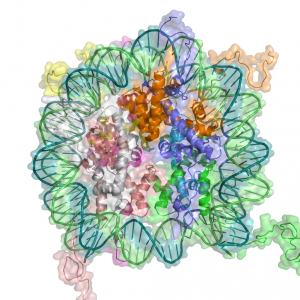Professional certification verifies that individual practitioners have met the knowledge and skills standards to provide competent genetic counselling services (ABGC). Since certification in North America is only available from two professional organizations, American Board of Genetic Counseling (ABGC) and the Canadian Association of Genetic Counsellors (CAGC), certification also ensures consistent quality of genetic counselling services provided to all clients.
Requirements to apply for certification include documentation of:
- A graduate degree in genetic counselling from an accredited program
- Sufficient supervised clinical cases, and
- The successful completion of both the general genetics and specialty certification exams.
Successful diplomats certified by the ABGC earn the designation “Certified Genetic Counselor” (CGC). Successful diplomats certified by the CAGC earn the designation “Canadian Certified Genetic Counsellor” (CCGC).
From the ABGC (2010), certification is granted to genetic counsellors for a period of 5 years. From the CAGC (2006b), certification is granted to genetic counsellors for a period of 10 years. After this, genetic counsellors must apply for recertification.
Recertification is a way to assess and ensure the maintenance of the knowledge and skills of its practitioners (CAGC, 2006b). Professionals may recertify by examination OR participation in appropriate continuing education activities. For the ABGC, 12.5 Continuing Education Units (CEUs) must be collected over the 5-year certification period. For the CAGC, Continuing Practice Credit (CPC) and Continuing Education Credit (CEC) must be collected to a total of 150 credits over the 10-year certification period. The recertification exam is the same exam used for initial certification.
For more information about the certification/recertification process, visit the ABGC website or the CAGC website.
State Licensure
Some states in the US now have licensure laws regarding genetic counselling practice. State licensure was implemented to legally hold genetic counselling professionals accountable to their actions (Center for Jewish Genetics, 2008). Licensure ensures that professionals are qualified to provide competent genetic counseling services (Center for Jewish Genetics, 2008). According to the National Society of Genetic Counselors as of September 18, 2012, eleven states are currently issuing licenses and another five states have passed bills and are in the process of rulemaking. For a full list, visit the NSGC website.

